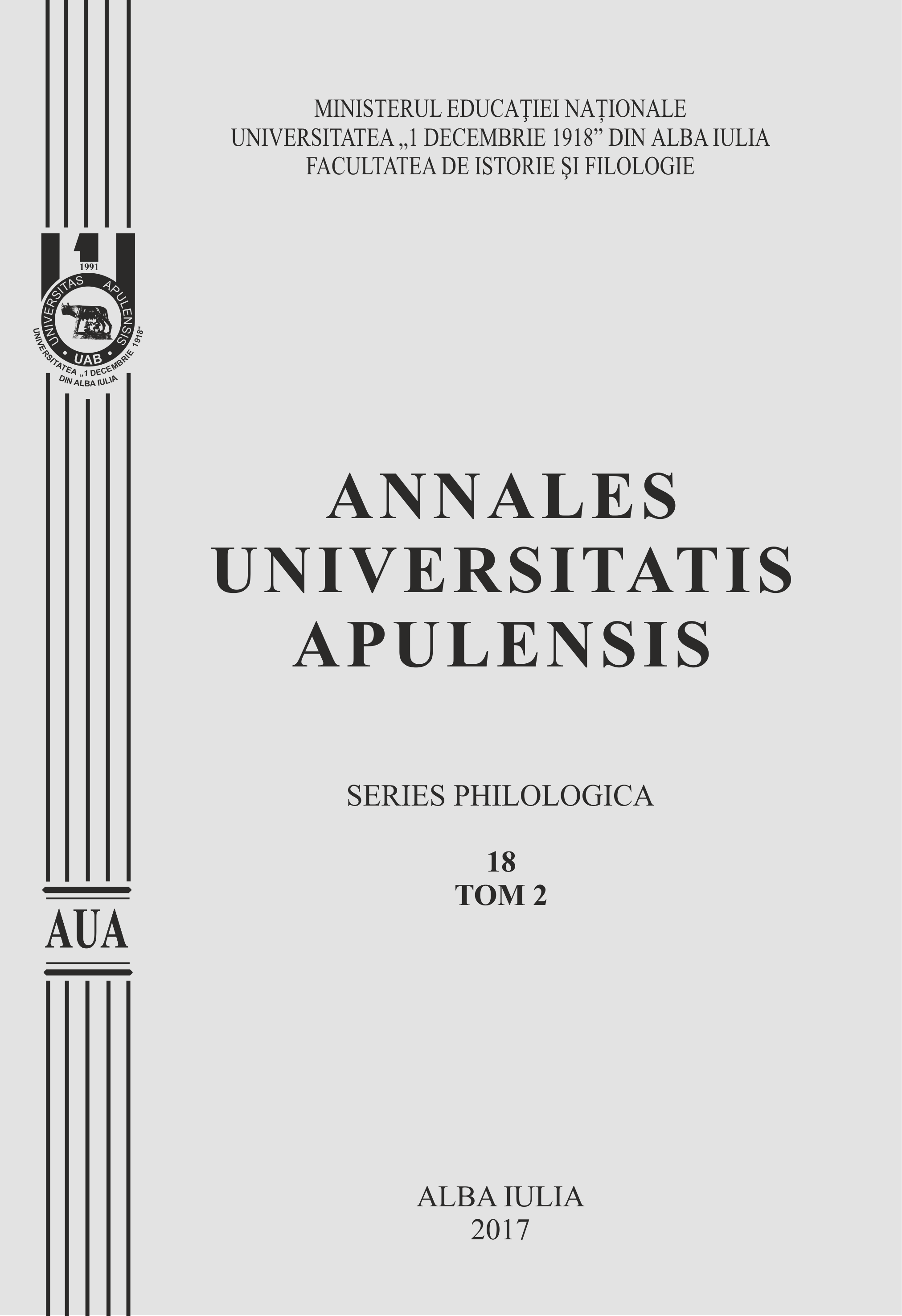SCIENCE AND FICTION IN MODERNIST LITERATURE
SCIENCE AND FICTION IN MODERNIST LITERATURE
Author(s): Petru Ștefan IonescuSubject(s): Language and Literature Studies
Published by: Universitatea »1 Decembrie 1918« Alba Iulia
Keywords: modernism; science; fiction
Summary/Abstract: The fin de siècle brought in Victorian Britain, next to many artistic and philosophical concerns, a specific interest forscience, allowing scientific disciplines to become part of fiction andintroducing to non-scientific literature characteristics of modern science, with some of the writers also applying the scientific method to literature . This happened as some of the most representative writers in modernist literature, such as H.G.Wells, Joseph Conrad, Virginia Woolf, James Joyce, D.H. Lawrence, George Orwell, Aldous Huxley noticed the impact science was beginning to have on people, on the way people were perceiving themselves and their surrounding reality. The senses had usually and commonly been regarded as the ultimate tool of perception, the sensorial filters used to measure everything that was happening in the universe. But seeing, hearing and feeling were no longer able to perceive the forces of the universe that were surrounding every aspect of human life and were just being discovered following the age of the scientific and industrial revolutions. Things like electricity and atoms, radiation and X-rays or viruses were beginning to catch the attention of the people and to flood and captivate the collective imagination of a new and avid type of audience. These things could not be sensed, yet they were there, present, surrounding all of them, part of every minute of their lives. The growing popularity and rapid advance of the physical sciences, and the fast development and innovations in the biological and philosophical ones, could not have let the world of letters unchanged.
Journal: Annales Universitatis Apulensis. Series Philologica
- Issue Year: 18/2017
- Issue No: 2
- Page Range: 187-194
- Page Count: 8
- Language: English

